Do you have an idea of what “living off-grid” must be like? Let me help you forget everything you thought you knew… Unless you’re living off-grid yourself, I’m pretty sure at least one of the “facts” listed below is something you thought to be true.
There’s nothing wrong with having an idealized or a skewed view of what living off-grid really is like – but if you’re looking to set these misconceptions straight, you’re in the right place.
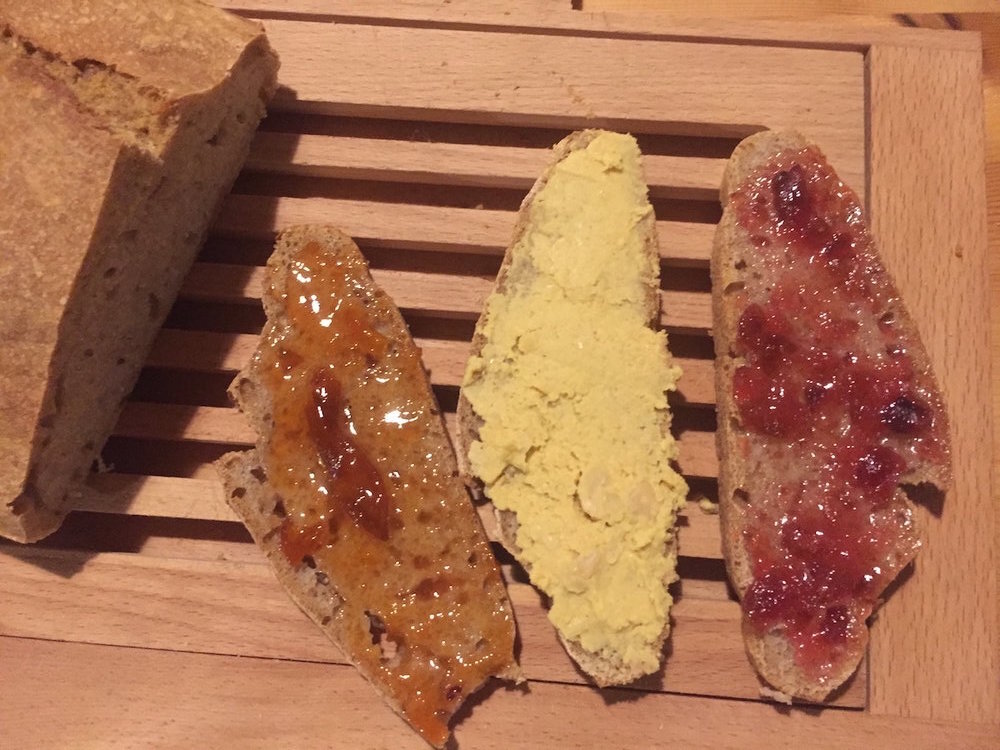
Living Off-Grid = Being Self-Sufficient
Although many people move off-grid so they can be more self-reliant, living off-grid doesn’t automatically mean you’re all self-sufficient.
We’ve been living off-grid for about two years, and we still need to buy lots of things from outside, while we’re happy to barter others with neighbours and friends. Some of our off-grid friends have a regular day job and stop by the shop after work (just like everyone else); others are as self-reliant as it gets (growing food and making stuff around their self-built house) and don’t need to come out of their (self-afflicted) isolation too often.
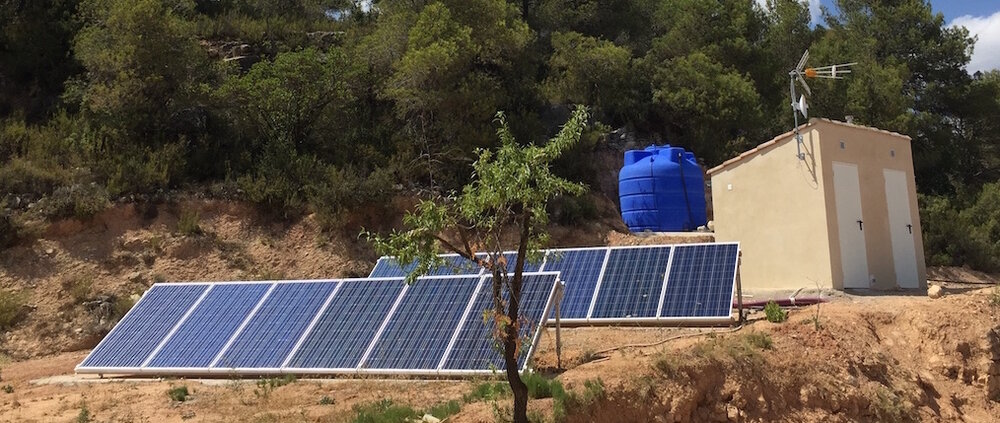
Our state-of-the-art solar panels are hooked up to a highly efficient battery array (read about our solar system here)
Living Off-Grid = Green Living
This is one of the most common misconceptions… Living off-grid has nothing to do with concerns for the environment. On the contrary, humans taking up residence in the middle of nowhere will disrupt more of the wildlife than if they’d stayed close to civilisation.
After establishing a home off-grid, inhabitants don’t necessarily live a greener life than before; although they’re not supporting utility companies anymore, they might still use fossil fuels, waste food, drive around a lot…
For many though, going off-grid is a way to get in touch with nature.
They aim for a zero-waste lifestyle – not buying fossil fuels, using recycled materials, and composting waste. They can practice holistic land management or permaculture, and work with nature instead of against it. When moving off-grid, you get the chance to start a new life; if a greener life is what you want, you can definitely implement that in your new home.
Living Off-Grid = Not Having Modern Amenities
Living off-grid allows you to start again from scratch, and to choose the level of comfort you’d like. You can choose not to get electricity or running water in your off-grid residence – but you might as well plan for an enormous system to power your walk-in fridge, air conditioning, tumble dryer and more. It doesn’t magically make your house on-grid.
Living Off-Grid = Cheap
Living off-grid can be cheap; if you go into the wild with a tent and a backpack, hunting and foraging for food, warming yourself with wood you gathered… That’s definitely not going to be very costly.
In most cases though, you’ll buy (or lease) a piece of land and build a permanent structure. Even if you build that yourself, it does require the use of tools and machinery you’ll most likely need to buy (or rent). If you want a bigger house and some modern amenities, you’ll need to figure out how to make power and catch water; solar panels, water deposits, power batteries, water pumps, maybe even a system for the internet,… all of those can really add up.
However, once you’ve got the setup you want, you can reduce your expenses greatly.
- You can grow (part of) your food
- Make (some of) your tools yourself
- You’ll never get another utility bill
- You probably live too far away to go to big concerts and festivals
- You might not even want to go on vacation if you’re really living the life of your dreams…
(and I’ve written an article about how living off-grid saves us money – and sometimes it doesn’t – right here)
Living Off-Grid = Homesteading
Although we started the big adventure called homesteading when we moved off-grid, living off-grid doesn’t necessarily mean you’ll be homesteading. A homesteader will try to be self-reliant, cooking from scratch and making things that others might buy at a shop; homesteading can be done anywhere though – from a tiny city apartment to a remote off-grid farm.
Living Off-Grid = Disappearing From Society
Moving off-grid is often associated with prepping: when a big disaster like war, flood, drought or the zombie apocalypse makes life difficult, there is probably no better place to be than on your own off-grid property.
Many prepper websites have a lot of useful information about living off-grid; some will even talk about how to disappear from civilisation completely.
Most people living off-grid have no need to disappear though – they can still be part of their local community, see their friends and families and live a regular life in every other aspect.
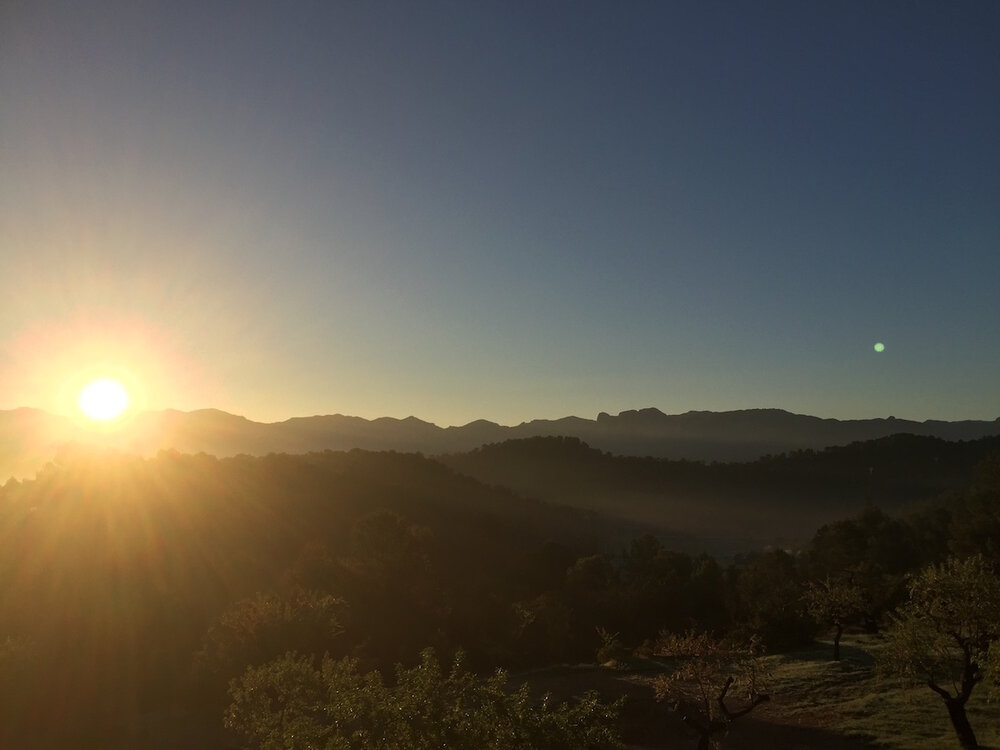
We live in the middle of almond and olive friends, but it’s only a 7 minutes drive to the next village. Some of our friends have a 10 minutes drive just to get to the nearest house…
Living Off-Grid = Going Back To The Old Ways
Some people make a conscious choice not to have (many) modern amenities, and to live like people did twenty, fifty or even two hundred years ago. For most people though, living off the grid means using every piece of modern technology known to man in order to produce energy, catch water, heat and cool their place or use the internet in the most efficient and durable way possible. That is quite the opposite of going back in time!
Living Off-Grid = Living In A Remote Place
Living off-grid doesn’t mean you have to live far away from everything; technically, you could have a house in the middle of the city, disconnect it from town water and power and fibre networks – and you’d be off-grid.
Most off-grid homes can be found outside of town though. Some people live so close to town they actually have the option of connecting to town utilities, but choose not to; most live so far away from civilisation that connecting to any grid is just not possible (or incredibly expensive). Off-grid houses can be found anywhere, at least in places where they’re allowed.
Living Off-Grid = Easy
Living off-grid has a lot of benefits… but it’s never easy.
Going through the process of planning and building your own off-grid home is often overwhelming, and when not all systems are cooperating you will ask yourself why you chose this lifestyle; it will put your relationship to the test, make you question your sanity and challenge everything you thought you knew. Fortunately for some of us, facing challenges and overcoming our fears adds that extra spice to life. Not that life off-grid would be boring without it…
What other Misconceptions did You Come Across?
After considering all of these, I think it’s safe to say people who live off-grid are just like people who have a more standard lifestyle. Some have crazy ideas while others like to think inside the box; some take the adventure all the way and try to be as self-sufficient as possible, while others live a fairly regular life. The main thing we off-gridders all have in common is that we’re less reliant on society – we don’t suffer as much when utility companies up their prices or in case of a city-wide blackout (although we can have tiny blackouts of our own… but then it’s our own responsibility to fix it).
If you like this post, please comment and share it! If you’re living off-grid, do you often run into people who don’t have a clue about what you’re doing? If you’re not, did you think one of the above was the case? I’d love to hear from you, dear readers!

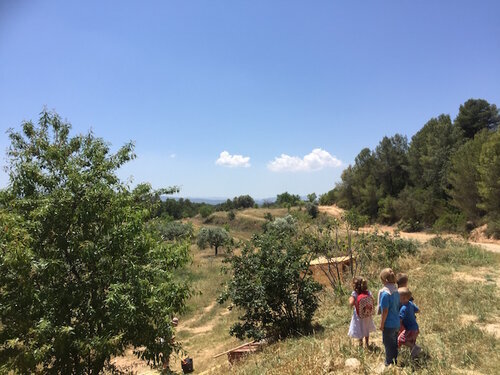
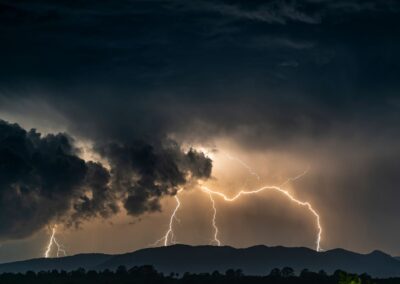
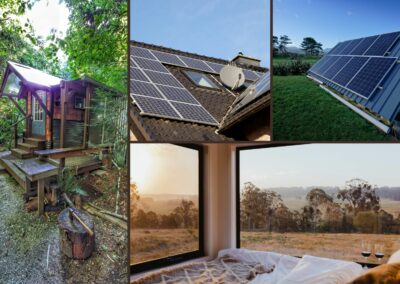
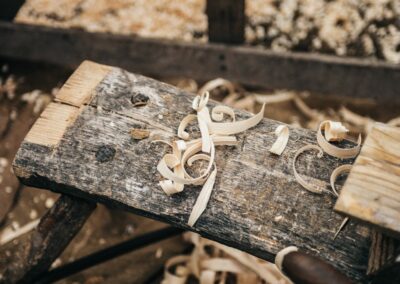
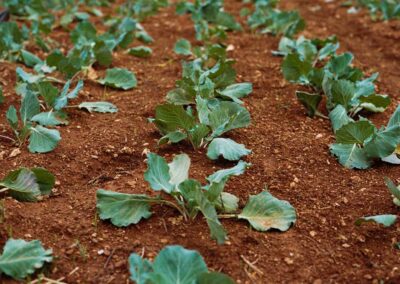
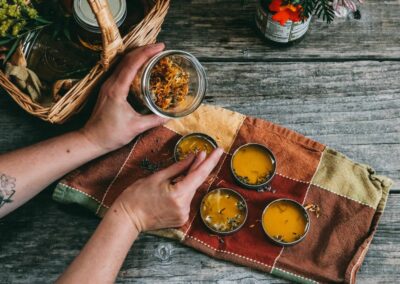
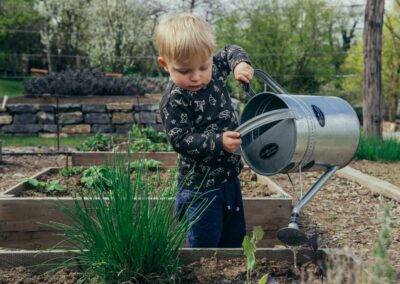
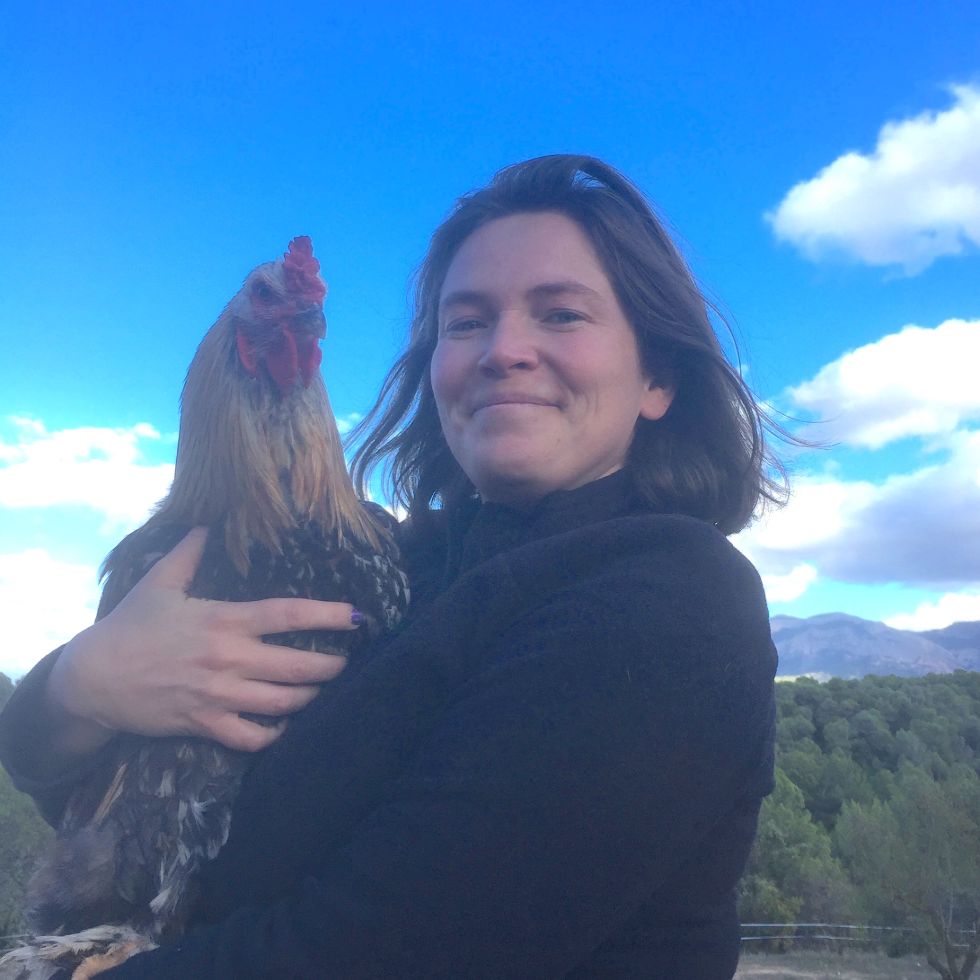

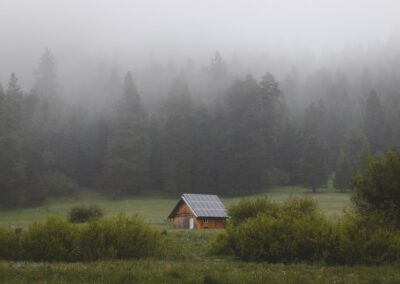

0 Comments